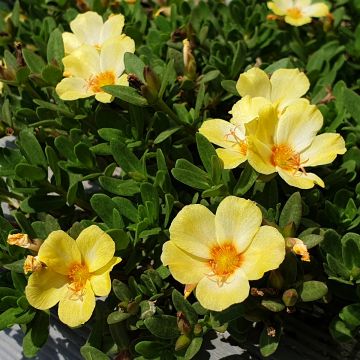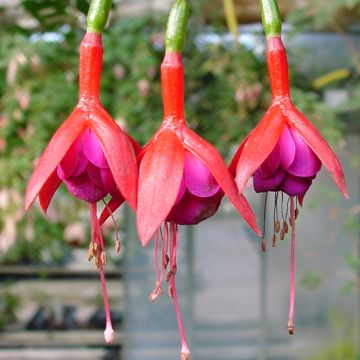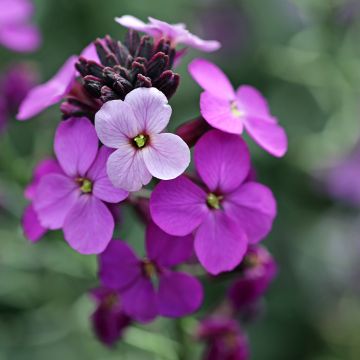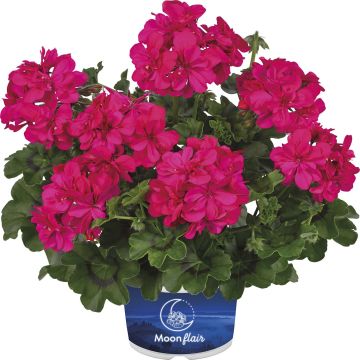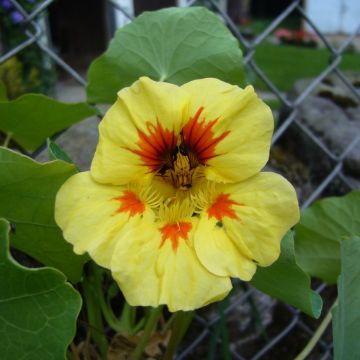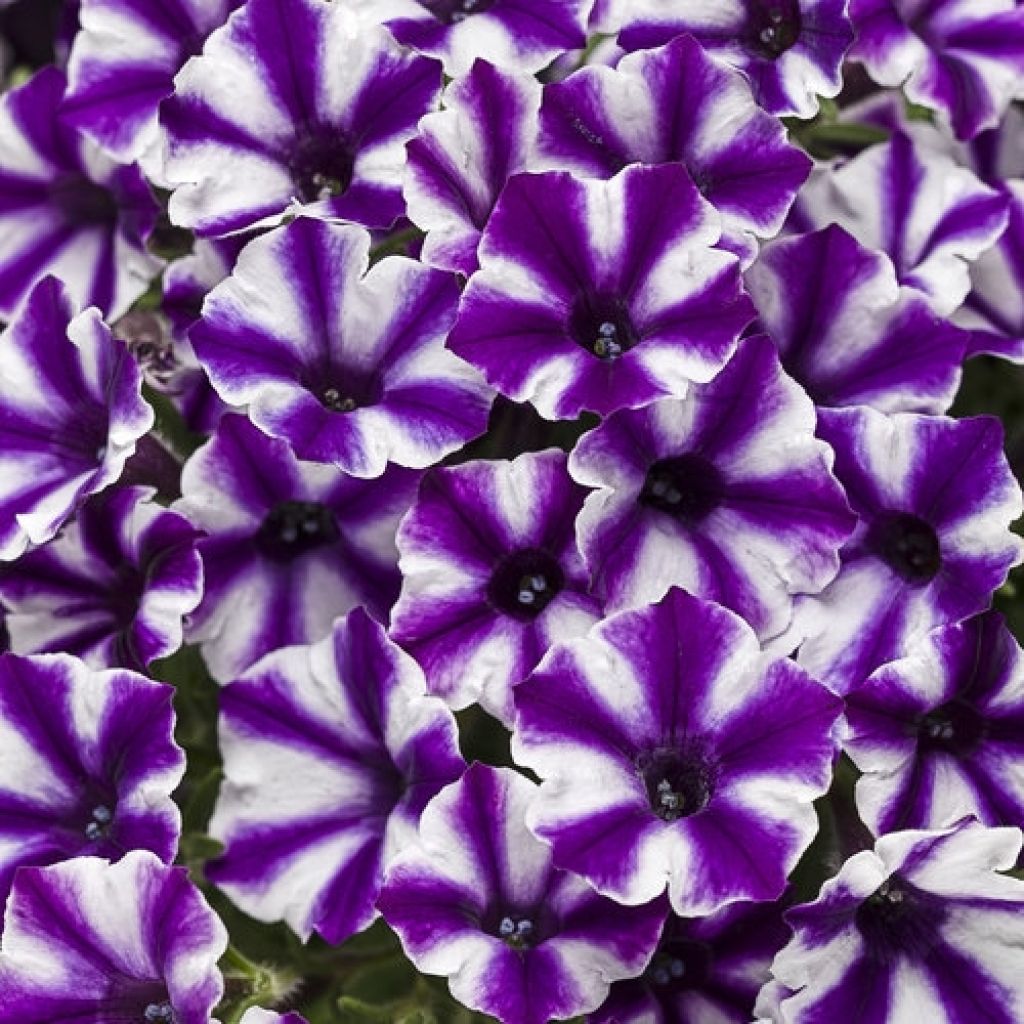

Pétunia Supertunia Mini Vista Violet Star
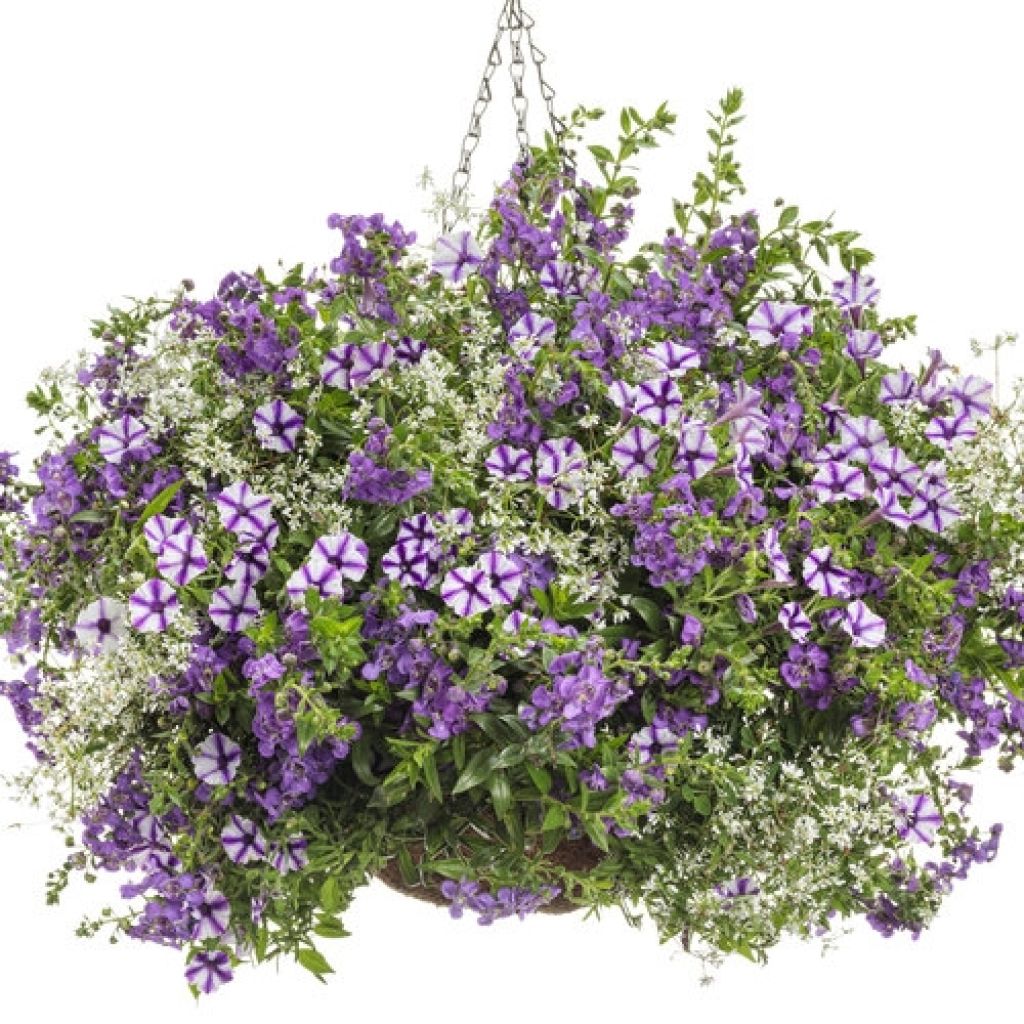

Pétunia Supertunia Mini Vista Violet Star
Petunia Supertunia Vista Violet Star
Petunia x atkinsiana Supertunia Mini Vista Violet Star
Garden Petunia, Trailing Petunia, Large-flowered Petunia
Received on the expected date, satisfied with my order, now I'm looking forward to the blooming.
Marie-Claude , 19/05/2023
Special offer!
Receive a €20 voucher for any order over €90 (excluding delivery costs, credit notes, and plastic-free options)!
1- Add your favorite plants to your cart.
2- Once you have reached €90, confirm your order (you can even choose the delivery date!).
3- As soon as your order is shipped, you will receive an email containing your voucher code, valid for 3 months (90 days).
Your voucher is unique and can only be used once, for any order with a minimum value of €20, excluding delivery costs.
Can be combined with other current offers, non-divisible and non-refundable.
Home or relay delivery (depending on size and destination)
Schedule delivery date,
and select date in basket
This plant carries a 6 months recovery warranty
More information
We guarantee the quality of our plants for a full growing cycle, and will replace at our expense any plant that fails to recover under normal climatic and planting conditions.

Would this plant suit my garden?
Set up your Plantfit profile →
Description
Petunia Supertunia Mini Vista 'Violet Star' forms large, very floriferous balls in one season, covered with small single flowers displaying a lovely violet star pattern on a white background. An excellent substitute for Calibrachoa in moist soils, this bushy and slightly trailing annual plant blooms from late spring to autumn, unaffected by heat and bad weather. It requires full sun, fertiliser, and regular watering to thrive. Plant this petunia in your containers or hanging baskets, as well as in the garden where it forms wonderful, colourful ground covers.
Petunia belongs to the solanaceae family; it is closely related to ornamental tobacco and its foliage also contains alkaloids. These annual, biennial, or tender perennial plants are mostly grown as annuals and are all native to the warm regions of South America. Petunia Supertunia is a sterile hybrid petunia dating back to 2006, with a trailing and weeping habit rather than an upright one, making it a stunning plant in hanging baskets. It also stands out for its beautiful and very long flowering period.
Petunia Supertunia Mini Vista 'Violet Star' forms a beautiful, very dense cushion that is 30 cm (12in) tall and about 55-60 cm (22-24in) wide, slightly trailing by the end of the season. The plant is in bloom from June to October, until the first frost, as long as it is regularly fed, and watered during prolonged dry periods. Its small, cup-shaped flowers are 3 cm (1in) wide, white with violet stripes and a dark violet throat. They are tightly packed together on flexible and fuzzy stems, hiding dense foliage. The greyish-green, ovate, hairy leaves have a pointed tip and entire edges and are vigorous and healthy. This variety tolerates rain and heat well, and its faded flowers fall off naturally, without the need for pruning. No other flowering annual plant has undergone such intense selection by breeders for such a long period. The results are impressive and petunias compete with geraniums for the splendour and duration of their flowering, as evidenced by this variety 'Supertunia Mini Vista Violet Star'. Place it in large pots, troughs, or hanging baskets, alone or mixed with blue or pink surfinia, a purple-leaved morning glory (I.Sweet Heart Purple) or a blue sage. If you want to stand out, plant several to create an original ground cover at the base of grey-foliaged plants such as artemisias and cineraria maritime.
Note: Please be aware that our plug plants are professional products intended for experienced gardeners: upon receipt, transplant and store them in shelters (veranda, greenhouse, cold frame...) at a temperature above 14 °C for a few weeks before being planted outdoors once all risk of frost has passed.
Report an error about the product description
Flowering
Foliage
Plant habit
Botanical data
Petunia
x atkinsiana
Supertunia Mini Vista Violet Star
Solanaceae
Garden Petunia, Trailing Petunia, Large-flowered Petunia
Cultivar or hybrid
Other Petunia and Surfinia
View all →Planting and care
You can plant your Supertunia Mini Vista Violet Star petunias in the ground or in a pot. If you want to plant them in the ground, wait until the last heavy frosts have passed (Supertunia petunias can tolerate a light late frost). In the meantime, you can grow them on in a pot in a warm and bright place to accelerate their growth. Their habit will be more branched if you pinch the tips of the young shoots. Plant your petunias in a sunny location sheltered from the wind. They need light and humus-rich soil, well-draining soil. Do not water them too much at the beginning of vegetative growth, as they are sensitive to excess moisture. They will need regular and frequent watering during hot summer temperatures. They are floriferous and fast-growing, very hungry plants. We recommend feeding them with a liquid fertiliser once or twice a week during the growing season. Remove faded flowers and dry leaves as they appear to keep them looking beautiful and extend their flowering.
Planting period
Intended location
Care
-
, onOrder confirmed
Reply from on Promesse de fleurs
Similar products
Haven't found what you were looking for?
Hardiness is the lowest winter temperature a plant can endure without suffering serious damage or even dying. However, hardiness is affected by location (a sheltered area, such as a patio), protection (winter cover) and soil type (hardiness is improved by well-drained soil).

Photo Sharing Terms & Conditions
In order to encourage gardeners to interact and share their experiences, Promesse de fleurs offers various media enabling content to be uploaded onto its Site - in particular via the ‘Photo sharing’ module.
The User agrees to refrain from:
- Posting any content that is illegal, prejudicial, insulting, racist, inciteful to hatred, revisionist, contrary to public decency, that infringes on privacy or on the privacy rights of third parties, in particular the publicity rights of persons and goods, intellectual property rights, or the right to privacy.
- Submitting content on behalf of a third party;
- Impersonate the identity of a third party and/or publish any personal information about a third party;
In general, the User undertakes to refrain from any unethical behaviour.
All Content (in particular text, comments, files, images, photos, videos, creative works, etc.), which may be subject to property or intellectual property rights, image or other private rights, shall remain the property of the User, subject to the limited rights granted by the terms of the licence granted by Promesse de fleurs as stated below. Users are at liberty to publish or not to publish such Content on the Site, notably via the ‘Photo Sharing’ facility, and accept that this Content shall be made public and freely accessible, notably on the Internet.
Users further acknowledge, undertake to have ,and guarantee that they hold all necessary rights and permissions to publish such material on the Site, in particular with regard to the legislation in force pertaining to any privacy, property, intellectual property, image, or contractual rights, or rights of any other nature. By publishing such Content on the Site, Users acknowledge accepting full liability as publishers of the Content within the meaning of the law, and grant Promesse de fleurs, free of charge, an inclusive, worldwide licence for the said Content for the entire duration of its publication, including all reproduction, representation, up/downloading, displaying, performing, transmission, and storage rights.
Users also grant permission for their name to be linked to the Content and accept that this link may not always be made available.
By engaging in posting material, Users consent to their Content becoming automatically accessible on the Internet, in particular on other sites and/or blogs and/or web pages of the Promesse de fleurs site, including in particular social pages and the Promesse de fleurs catalogue.
Users may secure the removal of entrusted content free of charge by issuing a simple request via our contact form.
The flowering period indicated on our website applies to countries and regions located in USDA zone 8 (France, the United Kingdom, Ireland, the Netherlands, etc.)
It will vary according to where you live:
- In zones 9 to 10 (Italy, Spain, Greece, etc.), flowering will occur about 2 to 4 weeks earlier.
- In zones 6 to 7 (Germany, Poland, Slovenia, and lower mountainous regions), flowering will be delayed by 2 to 3 weeks.
- In zone 5 (Central Europe, Scandinavia), blooming will be delayed by 3 to 5 weeks.
In temperate climates, pruning of spring-flowering shrubs (forsythia, spireas, etc.) should be done just after flowering.
Pruning of summer-flowering shrubs (Indian Lilac, Perovskia, etc.) can be done in winter or spring.
In cold regions as well as with frost-sensitive plants, avoid pruning too early when severe frosts may still occur.
The planting period indicated on our website applies to countries and regions located in USDA zone 8 (France, United Kingdom, Ireland, Netherlands).
It will vary according to where you live:
- In Mediterranean zones (Marseille, Madrid, Milan, etc.), autumn and winter are the best planting periods.
- In continental zones (Strasbourg, Munich, Vienna, etc.), delay planting by 2 to 3 weeks in spring and bring it forward by 2 to 4 weeks in autumn.
- In mountainous regions (the Alps, Pyrenees, Carpathians, etc.), it is best to plant in late spring (May-June) or late summer (August-September).
The harvesting period indicated on our website applies to countries and regions in USDA zone 8 (France, England, Ireland, the Netherlands).
In colder areas (Scandinavia, Poland, Austria...) fruit and vegetable harvests are likely to be delayed by 3-4 weeks.
In warmer areas (Italy, Spain, Greece, etc.), harvesting will probably take place earlier, depending on weather conditions.
The sowing periods indicated on our website apply to countries and regions within USDA Zone 8 (France, UK, Ireland, Netherlands).
In colder areas (Scandinavia, Poland, Austria...), delay any outdoor sowing by 3-4 weeks, or sow under glass.
In warmer climes (Italy, Spain, Greece, etc.), bring outdoor sowing forward by a few weeks.



































